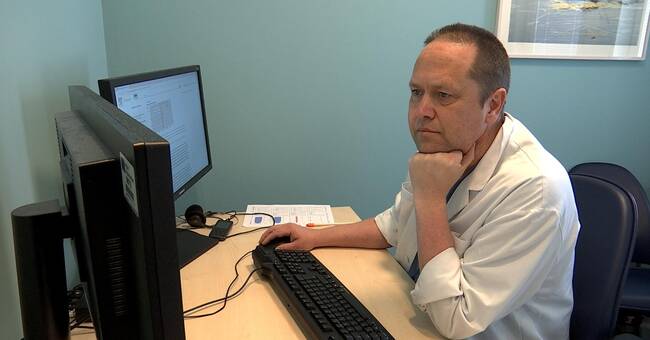The Program Council for Medical Education has recently completed a systematic review of the issue of disadvantage / disrespect / abusive discrimination in course evaluations 2017-2019 in the medical program.
15 percent of the respondents say that they know someone who, or that they themselves, have been disadvantaged / treated disrespectfully or discriminated against.
- It is actually our job to do what we can to prevent this from happening again.
Finally, it is about how we behave towards each other and what is acceptable in our interaction, says Magnus Hultin who is program director for medical education at Umeå University.
The number of women applying for medical education has increased over the years and today about 60 percent of the applicants are women.
Medical education is considered one of the most equal university educations, both when the applicant and those who complete the education.
- In the long run, we believe that it will change the situation in medical education.
We will have a very equal corps in terms of gender distribution, says Magnus Hultin.
Hear more from Magnus Hultin and about how he views the problems that Emelie Kristoffersson's dissertation points to in the video above.
Direct report · Do you have experience of sexism or racism in your education?
Post
Javascript needs to be enabled in your browser for this instant report to be updated automatically.
8 apr14.41
A new dissertation describes how racism and sexism exist both below and above the surface of the medical program at Umeå University.
The dissertation contains several examples where teachers, doctors and patients have expressed prejudice or racism.
Do you have experience of sexism or racism in your education?
Share in our chat.
It's good to be anonymous.
Remember not to point out specific people, educations or universities. Such posts are edited or deleted.
SVT · Madeleine Harrati

